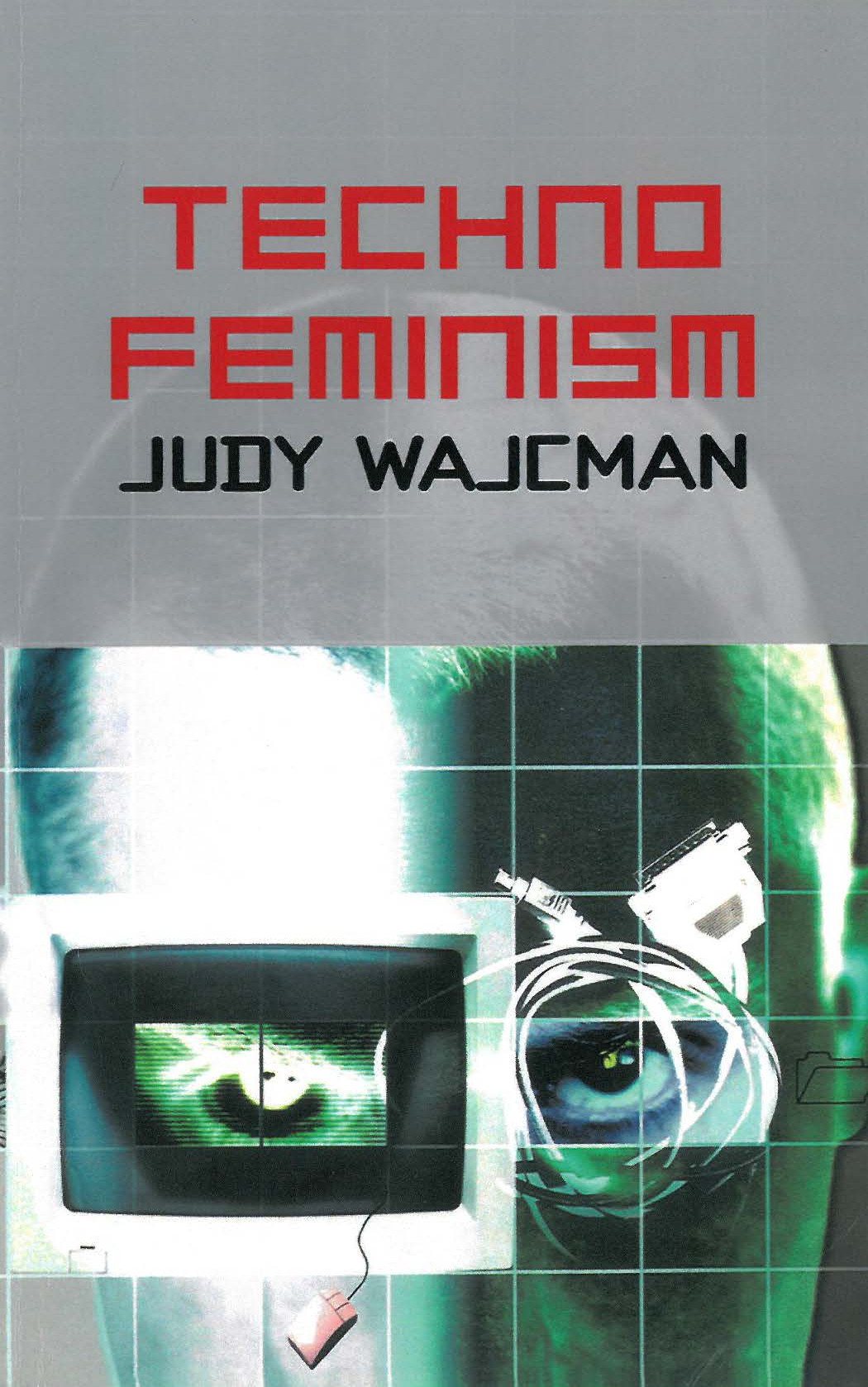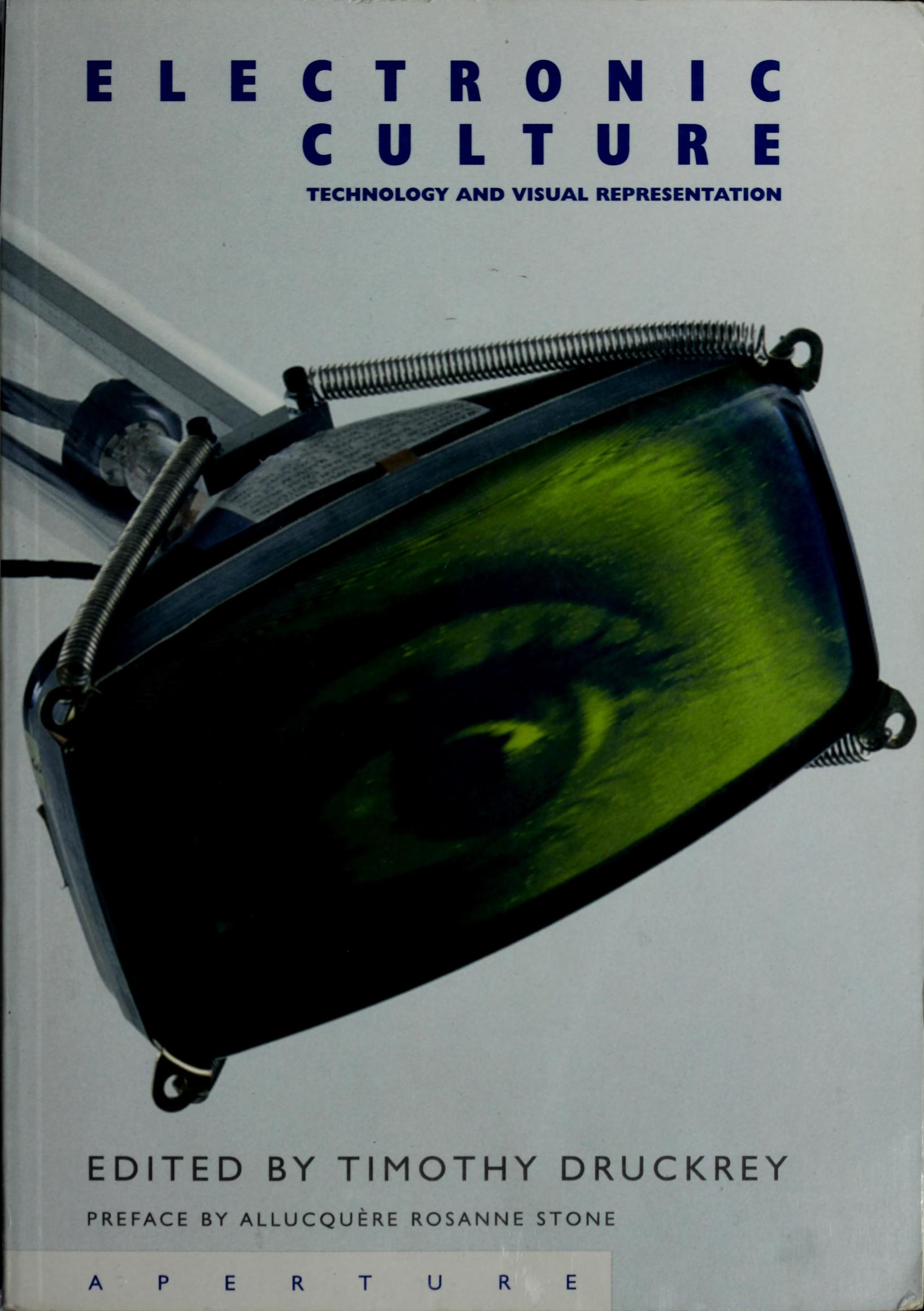Gary Westfahl: William Gibson (2013)
Filed under book | Tags: · artificial intelligence, biography, computing, cyberpunk, cyberspace, science fiction, virtual reality

“The leading figure in the development of cyberpunk, William Gibson (born in 1948) crafted works in which isolated humans explored near-future worlds of ubiquitous and intrusive computer technology and cybernetics. This volume is the first comprehensive examination of the author of the seminal novel Neuromancer (and the other books in the Sprawl trilogy, Count Zero and Mona Lisa Overdrive), as well as other acclaimed novels including Pattern Recognition, Spook Country, and Zero History. Gary Westfahl draws upon extensive research to provide a compelling account of Gibson’s writing career and his lasting influence in the science fiction world.
Delving into numerous science fiction fanzines that the young Gibson contributed to and edited, Westfahl delivers new information about Gibson’s childhood and adolescence. He describes for the first time more than eighty virtually unknown Gibson publications from his early years, including articles, reviews, poems, cartoons, letters, and a collaborative story. The book also documents the poems, articles, and introductions that Gibson has written for various books, and its discussions are enriched by illuminating comments from various print and online interviews. The works that made Gibson famous are also featured, as Westfahl performs extended analyses of Gibson’s ten novels and nineteen short stories. Lastly, the book presents a new interview with Gibson in which the author discusses his correspondence with author Fritz Leiber, his relationship with the late scholar Susan Wood, his attitudes toward critics, his overall impact on the field of science fiction, and his recently completed screenplay and forthcoming novel.”
Publisher University of Illinois Press, Urbana, IL 2013
Modern Masters of Science Fiction series
ISBN 9780252037801, 0252037804
xi+210 pages
via jl
Reviews: Benjamin Gabriel (Strange Horizons, 2013), D. Harlan Wilson (Extrapolation, 2013), Michael M. Levy (Science Fiction Studies, 2014), Lars Schmeink (Journal for the Fantastic in the Arts, 2014).
PDF (43 MB)
Comment (0)Judy Wajcman: TechnoFeminism (2004–) [EN, ES]
Filed under book | Tags: · cyberfeminism, cyberspace, cyborg, feminism, gender, sexuality, sociology, technology, technoscience, women

“This timely and engaging book argues that technoscientific advances are radically transforming the woman-machine relationship. However, it is feminist politics rather than the technologies themselves that make the difference. TechnoFeminism fuses the visionary insights of cyberfeminism with a materialist analysis of the sexual politics of technology.”
Publisher Polity Press, 2004
ISBN 9780745630441, 0745630448
viii+148 pages
Reviews: Martha McCaughey (American Journal of Sociology, 2006), Lucy Suchman (Social Studies of Science, 2006), Rosalind Gill (Science as Culture, 2005), Sarah M. Brown (NWSA Journal, 2007), Eva Patricia Gil (UOC Papers, 2007, Spanish), Isabel Clúa (n.d., Spanish).
Wikipedia (EN)
Publisher (EN)
WorldCat (EN)
TechnoFeminism (English, 30 MB)
El tecnofeminismo (Spanish, trans. Magalí Martínez Solimán, 2006, via)
See also Wajcman’s Feminism Confronts Technology, 1991.
Comment (0)Timothy Druckrey (ed.): Electronic Culture: Technology and Visual Representation (1996)
Filed under book | Tags: · cybernetics, cyberspace, interface, machine, media, media theory, networks, photography, representation, software, technology, theory, virtual reality

“A rich compilation of essays by some of today’s leading theorists and media critics, this book gathers a series of explorations into diverse forms of visualizations in a cultural environment wired into the global network. With its emphasis on the impact of the digital revolution in the late 20th century and the historical context in which it arose, Electronic Culture could not be more timely or relevant.”
Texts by Vannevar Bush, Martin Heidegger, Hans Magnus Enzensberger, Jean-Louis Comolli, Kathy Rae Huffman, Lev Manovich, Vilém Flusser, N. Katherine Hayles, Siegfried Zielinski, Slavoj Žižek, Friedrich Kittler, Sherry Turkle, Pierre Levy, Hakim Bey, Adilkno/Geert Lovink, Critical Art Ensemble, a.o.
Preface by Allucquère Rosanne Stone
Illustrations by Critical Art Ensemble
Publisher Aperture, New York, 1996
ISBN 0893816787, 9780893816780
447 pages
Review: Andreas Broeckmann (Leonardo, 2000).
PDF (155 MB)
Comment (0)
